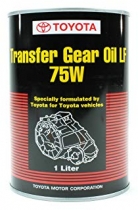-
Welcome to Tacoma World!
You are currently viewing as a guest! To get full-access, you need to register for a FREE account.
As a registered member, you’ll be able to:- Participate in all Tacoma discussion topics
- Communicate privately with other Tacoma owners from around the world
- Post your own photos in our Members Gallery
- Access all special features of the site
V6 or 4C for Colorado Mountains?
Discussion in '2nd Gen. Tacomas (2005-2015)' started by Gagek90, Jun 6, 2019.
Page 3 of 3
Page 3 of 3


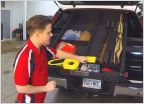 Canopy overhead storage ideas
Canopy overhead storage ideas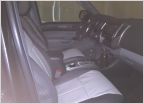 SEAT COVERS
SEAT COVERS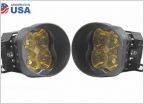 Diode Dynamics SS3 Sport fog light kit
Diode Dynamics SS3 Sport fog light kit Rear camera.
Rear camera.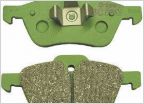 EBC Green Stuff Brake Pads for 6 Lug?
EBC Green Stuff Brake Pads for 6 Lug?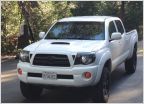 Amber fog lights "yes or no"
Amber fog lights "yes or no"

